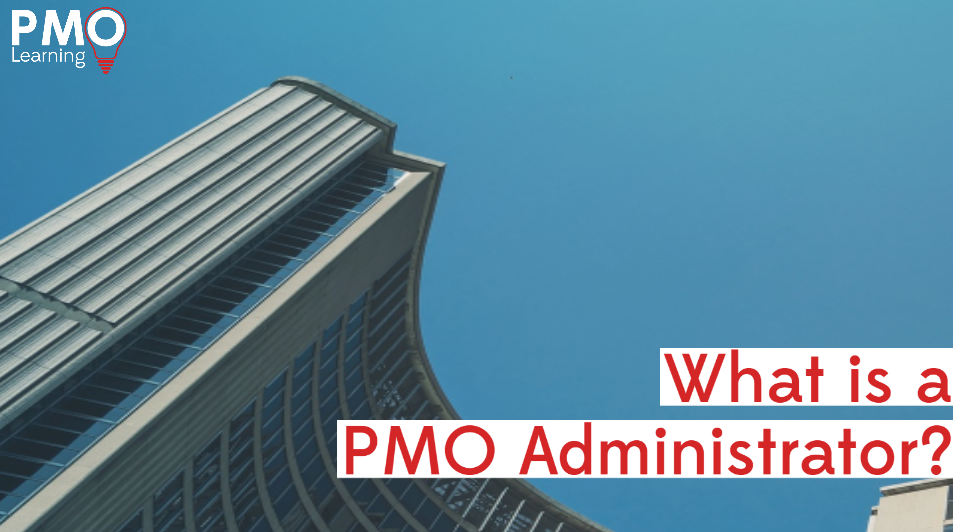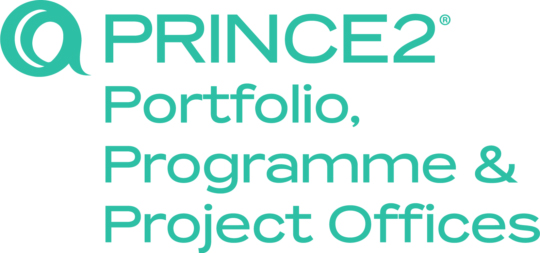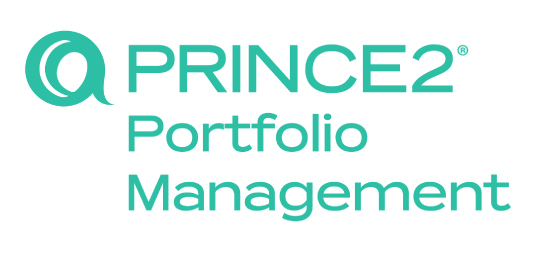Who are PMO Administrators and what do they do?
The PMO Competency Framework (p. 278) describes the role of the PMO Administrator as
Supporting the Project, Programme or Portfolio Manager and their team in administrative and secretariat aspects.
PMO Administrators may work across multiple, or individual projects, and their day-to-day role may include tasks such scheduling meetings, organising community events, formatting, maintaining issue logs and risk registers, taking minutes and reporting.
What are the entry level requirements to become a PMO Administrator?
If you were looking to apply for a PMO Administrator role, you should have basic understanding of projects, programmes and portfolios (depending on what type of PMO you would be working in). The PMO Competency Framework (p. 278) outlines some of the key responsibilities of the role:
- Providing a comprehensive administrative service including assisting in setting up workshops, meetings, taking minutes, chasing actions, arranging travel, arranging quotations and purchases, and managing adhoc queries.
- Ensuring all information and documentation is processed, maintained, monitored, and filed.
- Maintain systems for recording costs, timesheets, purchases, and expenses.
- Co-ordinate the collation of reports and produce summary reports and packs.
- Maintain risks, actions, issues, change and dependency registers.
Even if you haven’t performed all of these tasks specifically in a project environment, you may be performing these tasks in your current role. For example, those working in secretariat or assistant roles often make fantastic PMO Administrators, as there is a long list of transferable skills that are very useful in a project environment just as much as they are at the board level.
What are the key knowledge, skills and behaviours to be successful in the role?
To perform well in any position there is a combination of key knowledge, skills and behaviours required that underpin the core role you perform.
Key knowledge required for the PMO Administrator role could be knowledge of the organisation’s applications and tools (e.g. checking POs have been approved, updating timesheets etc.), an understanding of governance and the corporate culture and language of the business, awareness of the change and delivery methods (e.g. PRINCE2®, MoP® etc.) and corporate processes and procedures.
The key skills required may include being able to balance competing needs, excellent time management, strong customer service and engagement capabilities, as well as networking skills. The PMO Administrator needs to be a great communicator with those within (and beyond!) the PMO, as well as with internal and external stakeholders.
If a Project Manager asks “Do we have a contact at X company?” it is often the PMO Administrator who will have the answer! A large part of the role is developing and maintaining strong networks with those around every part of the business, ensuring reliability, credibility and trust.
They should also be highly organised, with a keen eye for detail, taking ownerships of tasks and completing them promptly. A PMO Administrator is often responsible for tasks that can make all the difference to a PMO, ensuring that everything is completed to ensure smooth project delivery.
What is the typical career path of a PMO Administrator?
The great thing about working as a PMO Administrator is that there is a wide variety of roles you can develop into.
PMO Coordinator
The PMO Coordinator often works on multiple, more complex projects. They may have increased specialisation in a specific area, for example resource management, and may act as a lead for other Project or PMO Administrators, without line management responsibility.
We also have a great blog post which outlines theTop Five Skill Areas for a Project Co-ordinator here!
PMO Analyst
Another role that the Administrator position may develop into is the PMO Analyst. An Analyst is typically delegated to from the Project Manager, and takes sole responsibility of one or more project management tasks on more complex projects. They often work within a PMO team supporting multiple projects, programmes or portfolios across the whole organisation, and provide support for the Centre of Excellence.
If you’re interested in becoming a PMO Analyst, you can find out how >>here.
Assistant Project Manager
Whilst the PMO is now well established as a viable career path, those working as a PMO Administrator might also consider a career as an Assistant Project Manager (APM) with a view to becoming a Project Manager. An APM works on smaller projects and work packages, often managing a team and working directly alongside Project Managers on larger projects within the organisation.
Becoming a PMO Administrator
The PMO Administrator role is considered to be an entry-level position for those entering the world of projects and PMO. As mentioned above, even if you don’t have specific project experience, you may demonstrate some of the key skills, knowledge and behaviours listed. If you’re applying for PMO Administrators jobs, make sure these are prominent and evidenced in your CV!
If you have no previous experience, some formal training may also be advantageous. A fantastic place to start is the Essentials for PMO Administrators certification. The three day course will teach delegates the fundamental knowledge and competences needed to excel in these in demand support roles.
The Essentials for PMO Administrators Certification is designed for beginners, to provide an introduction to Project, Programme and Portfolio Management (P3M), within the context of a Project Management Office. This course delves in the four key roles within a PMO and reveals what it takes to be successful in a support role.
If you’re looking to get into the world of PMOs, wanting to advance in your career, unsure of which training option is best for you, or have any questions – why not contact us?
The MoP® courses on this page are offered by PMO Learning. MoP® is a [registered] trade mark of AXELOS Limited. MoP® is a registered trade mark of AXELOS Limited, used under permission of AXELOS Limited. All rights reserved.
Enjoying Our Blog?
Sign up and receive all our articles (we’ll send you an update once a week!) plus special offers and events:







